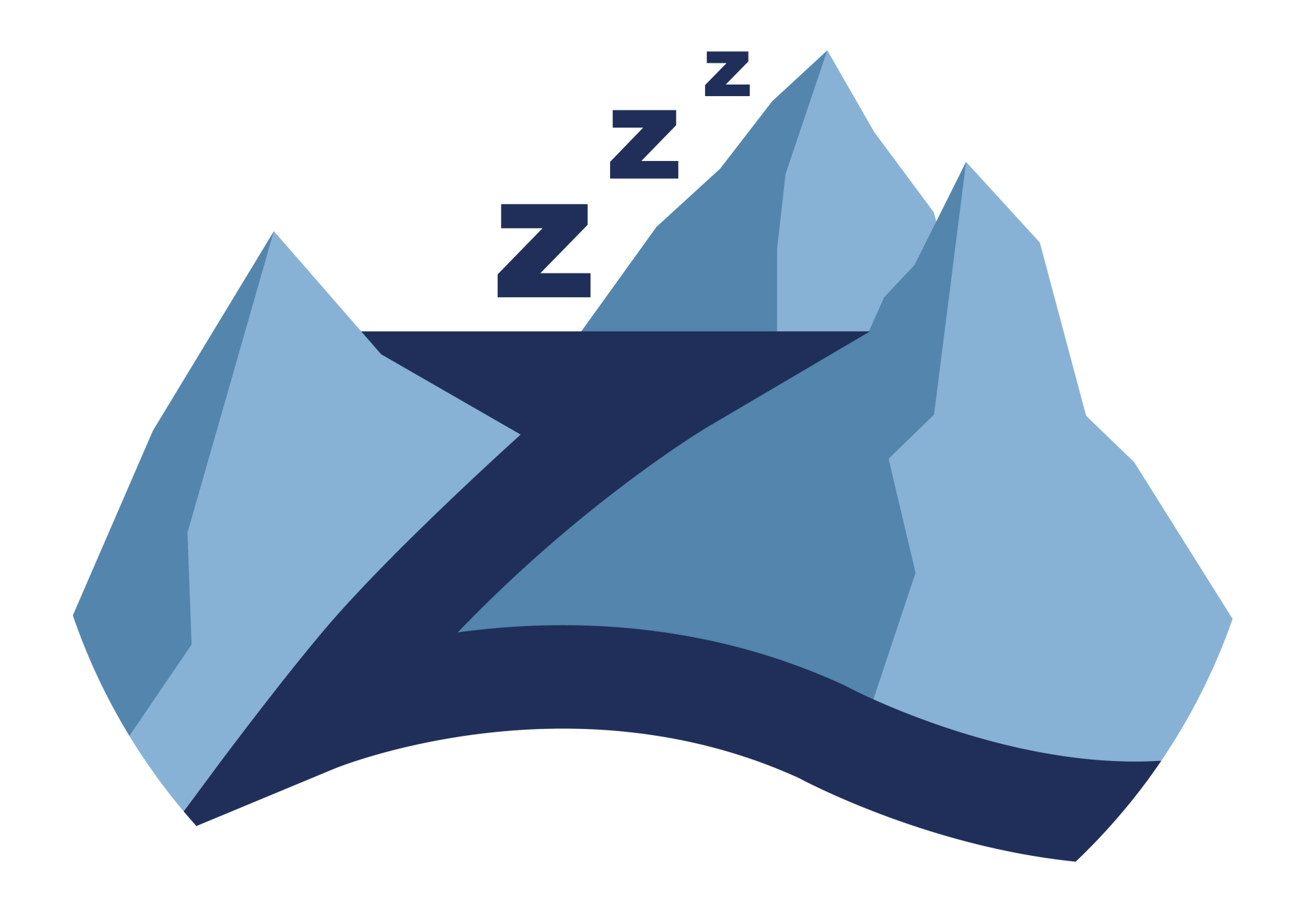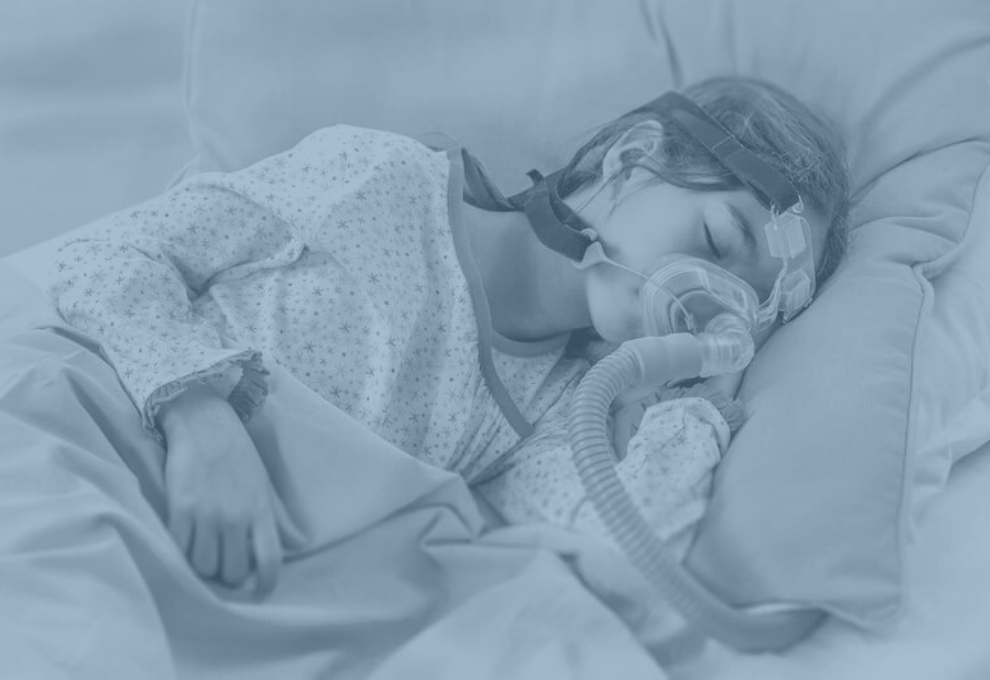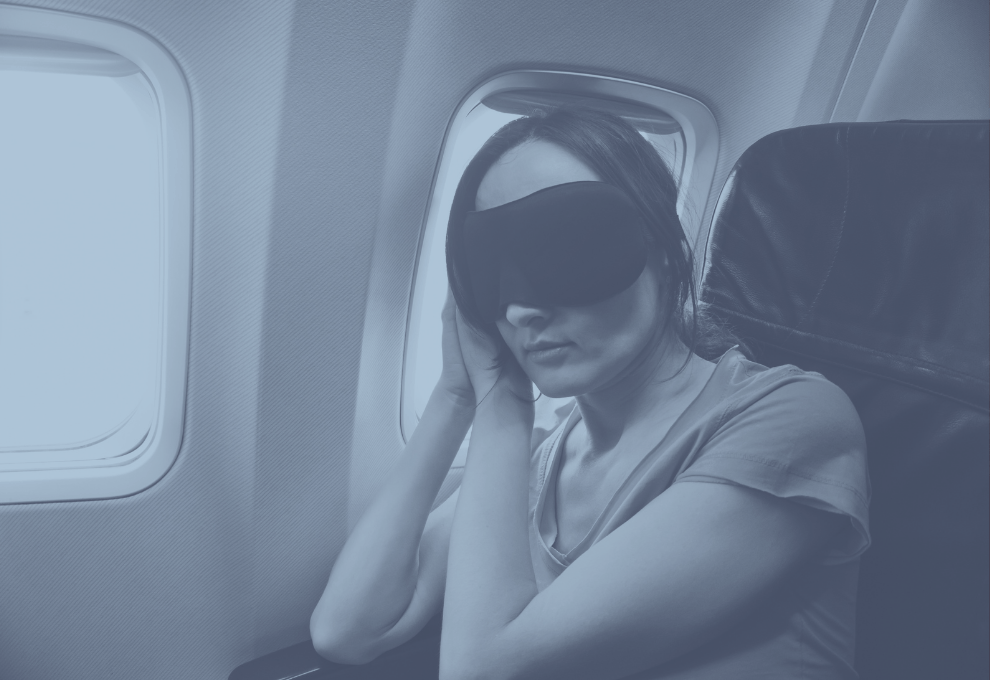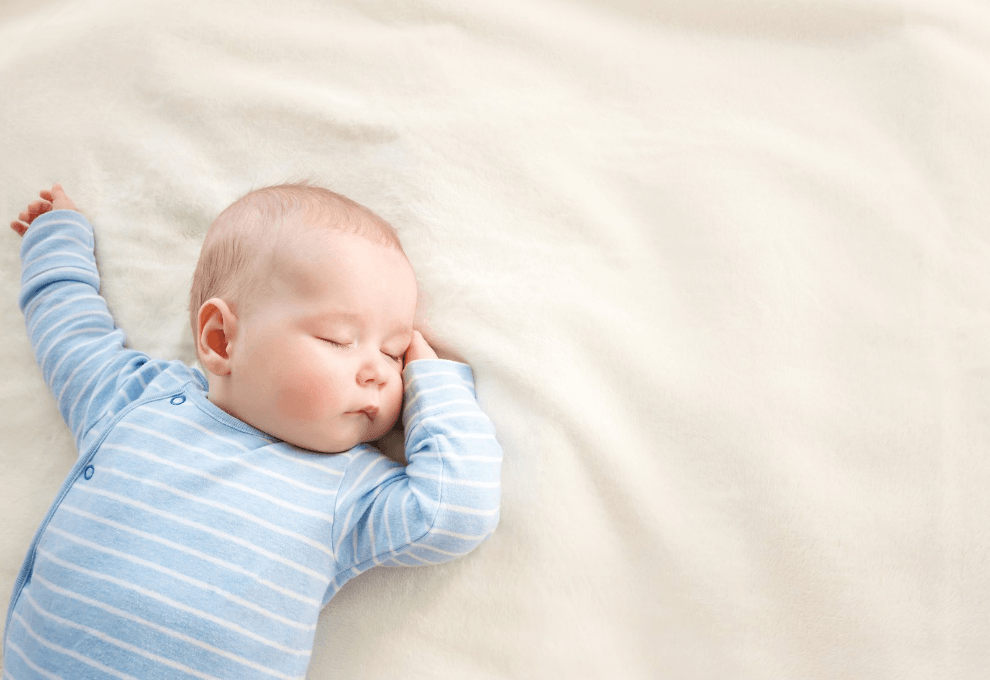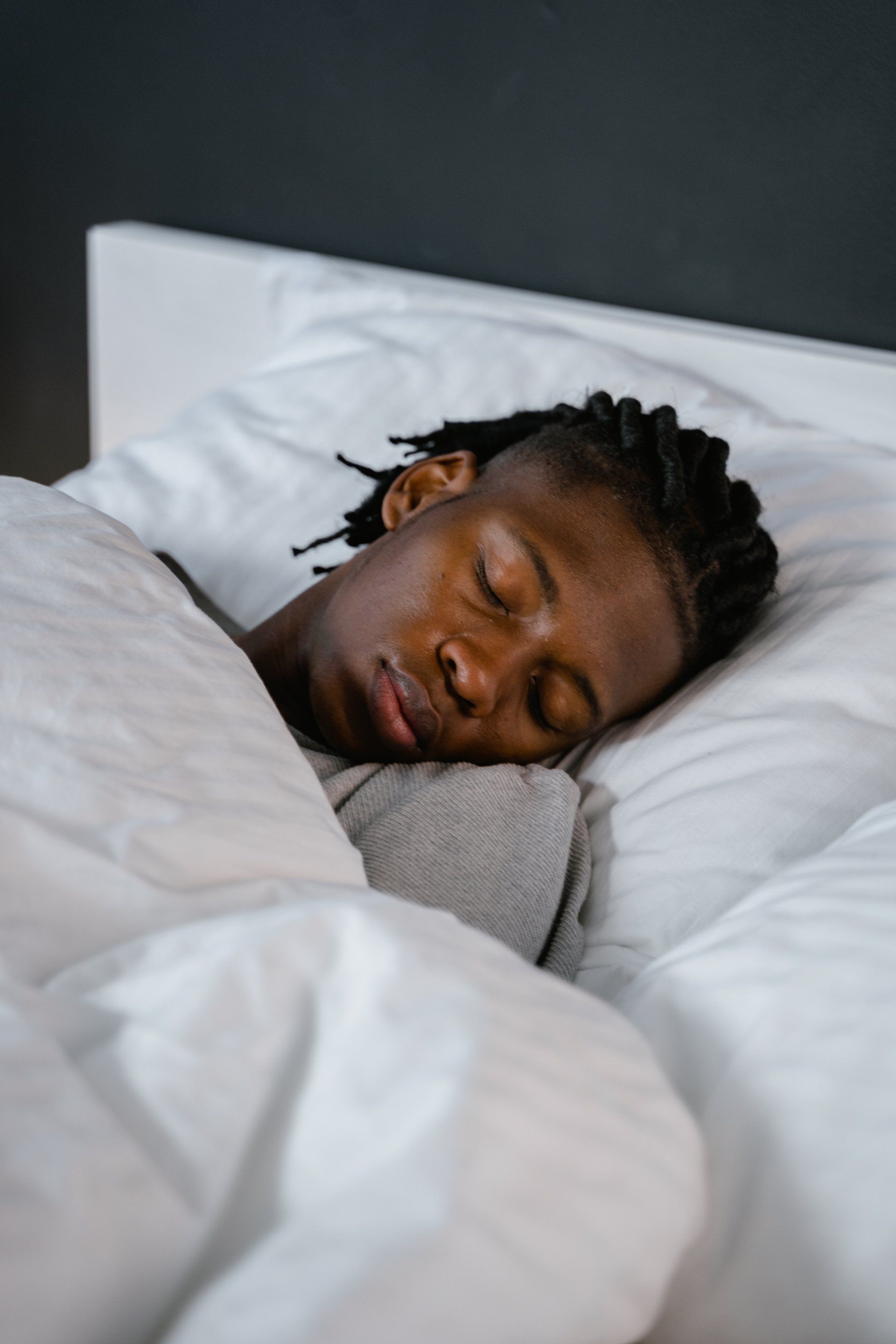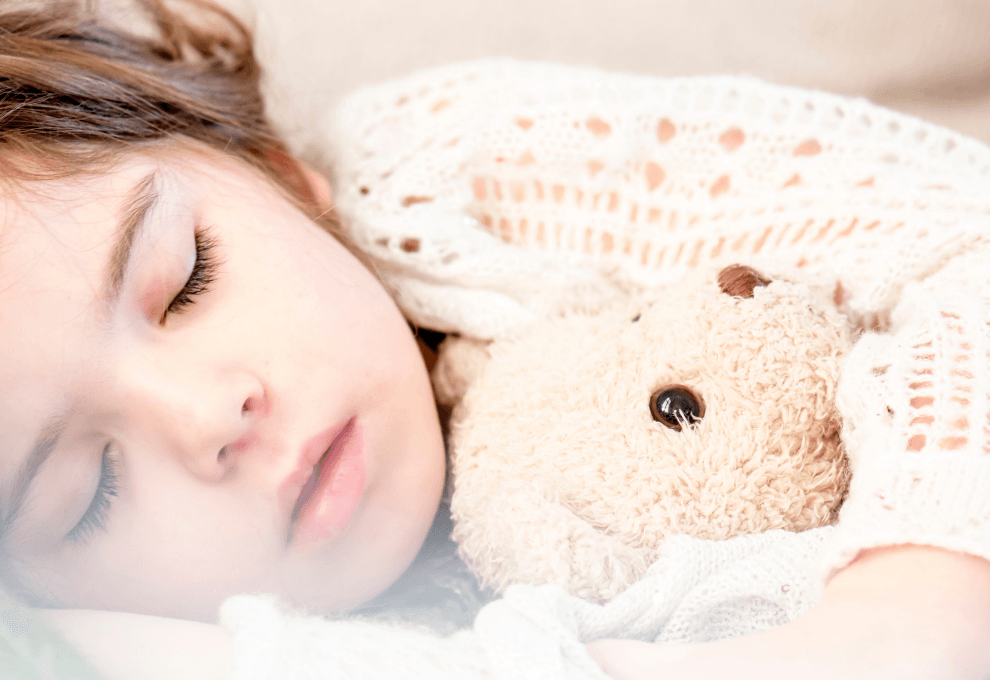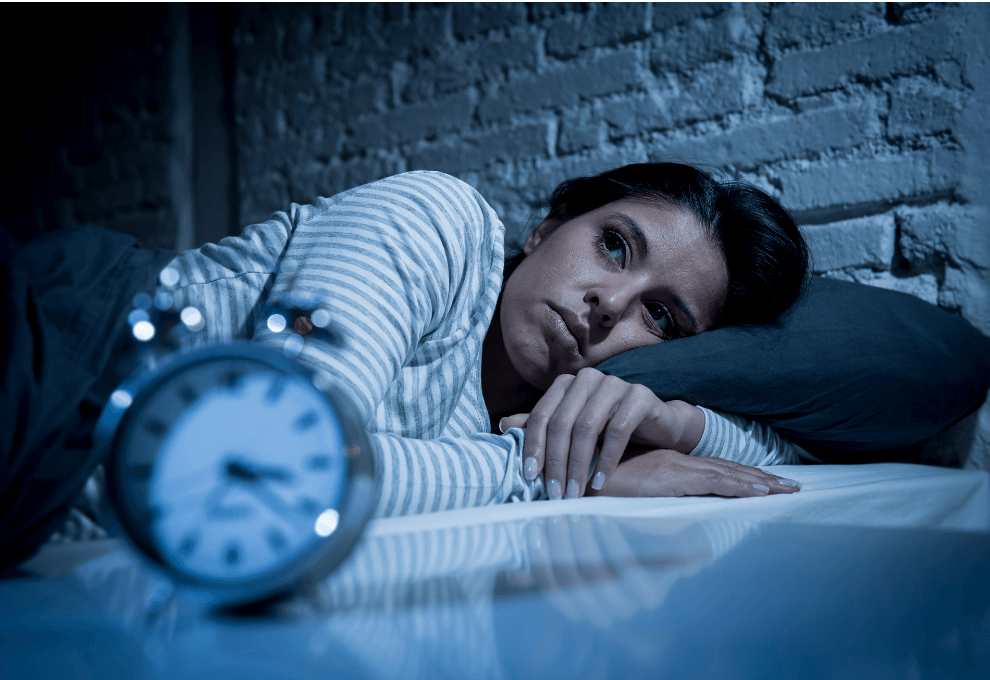Insomnia Treatment News
More support for TMS as a successful treatment for insomnia
May Day 2022 is a big day for those of us on the cutting edge of repetitive transcranial magnetic stimulation (rTMS) for insomnia.
As alluded to in other parts of our website and blog about rTMS, most, but not all, of the preliminary data for the use of rTMS specifically for insomnia has been positive.
On May 1, 2022, one of the most prestigious sleep journals, The Journal of Clinical Sleep Medicine, published an article from the Mayo clinic showing that insomnia improves independently of depression in patients who are using rTMS for treatment of their underlying depression.
What this means is that we now have a more solid data point showing that this treatment modality definitively helps patients with insomnia sleep better. Historically, it has been difficult to tease out if depressed patient's insomnia improves as result of the rTMS's effect on their depression. Often times, patients with depression experience insomnia as part of their depression syndrome. So when depression gets better, insomnia, by association, might get better as well. Now, based on the results of this study, we can see that the insomnia improves independently of the depression (i.e. no matter what happened with the patient's mood (improved or not improved), sleep DID improve). Those of us on the cutting edge of this therapy have long suspected this, but it has been difficult to tease this aspect out of prior collections of data.
We are still a bit away from FDA approval for rTMS strictly for insomnia, but this this data point keeps on on track and is a huge leap in the right direction. For our treatment resistant insomnia patients who have been saying, "Mayday, mayday, mayday, please help me sleep," know help is on the way.
If you have any questions about insomnia & TMS, please give us a call.
